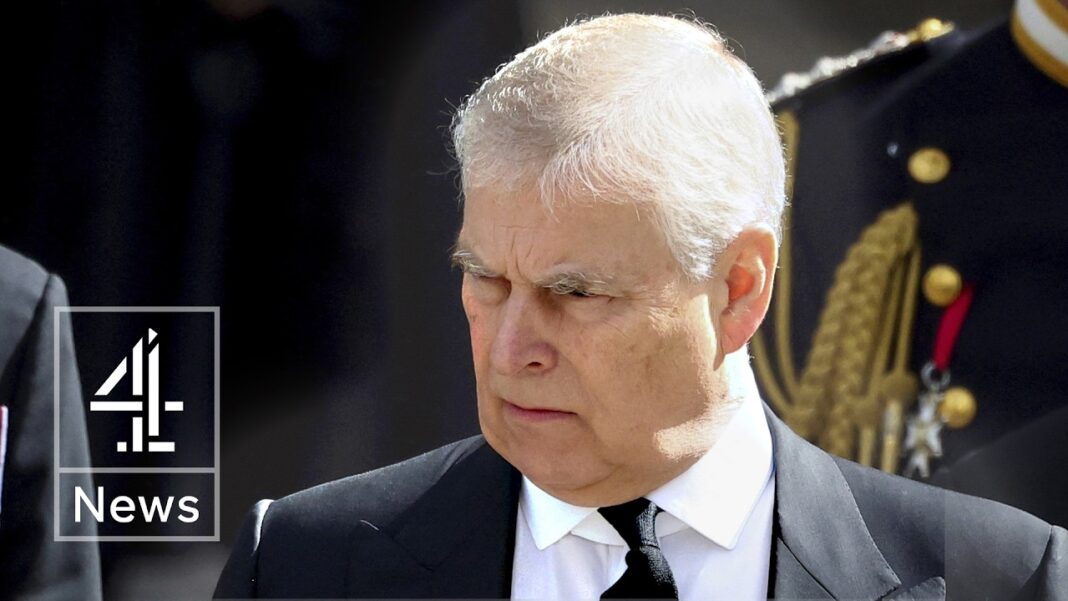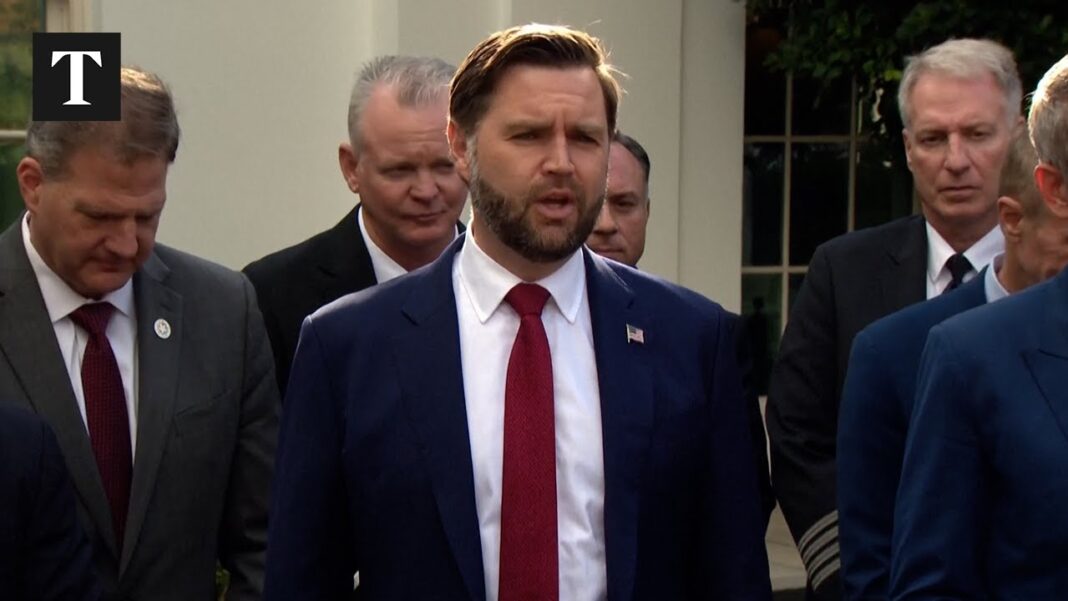The Department of Health and Human Services will handle the settlement of refugees, avoiding bureaucratic overlap with the State Department.
WASHINGTON—The Trump administration has slashed its quota for refugees and prioritized accepting Afrikaners “and other victims of illegal or unjust discrimination in their respective homelands.”
The United States will accept 7,500 refugees in Fiscal Year 2026 —a historic low—according to a presidential memo posted on the Federal Register on Oct. 30. It is a drastic decrease from the quota of 125,000 refugees set for Fiscal Year 2025 by the Biden administration. The Trump administration suspended the quota upon taking office in January.
Fiscal Year 2026 began on Oct. 1 and runs until Sept. 30.
In a Sept. 30 memo on the federal register to Secretary of State Marco Rubio and Health Secretary Robert Kennedy Jr., published on Oct. 30, President Donald Trump explained that accepting refugees cannot be done blindly.
“Refugee resettlement must be conducted in a manner that serves the national interest, promotes efficient use of taxpayer dollars, protects the integrity of the United States immigration system, and supports refugees in achieving early economic self-sufficiency and assimilation into American society,” he wrote.
The Department of Health and Human Services will handle the settlement of refugees, avoiding bureaucratic overlap with the State Department.
“Centralizing the responsibilities for all domestic resettlement under one executive department or agency (agency) eliminates unnecessary duplication and ensures that refugee resettlement is closely coordinated with state and local jurisdictions, to the extent permitted by law and as practicable,” Trump wrote.
The president explained that the responsibility of refugee resettlement lies with the Department of Health and Human Services.
“This action reflects a return to the clear statutory structure originally established by the Refugee Act of 1980, which designated the Office of Refugee Resettlement as the lead Federal entity for domestic refugee resettlement,” he said. “The transfer ensures better alignment of resources, oversight, and accountability resettlement activities that take place entirely within the United States.”








